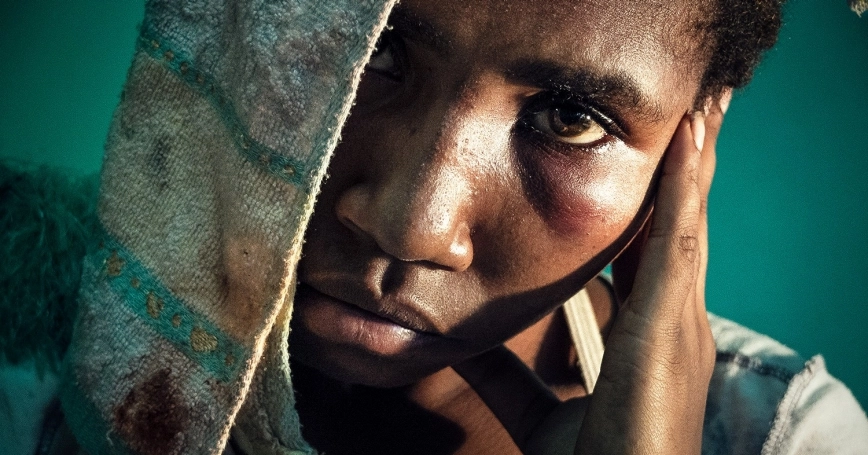In March 2024, the National Human Rights Commission (NHRC) reported a staggering 1,580 cases of human rights violations across Nigeria.
This surge in violations, when compared to data from previous years, stresses the pressing need for comprehensive reforms to protect the rights and dignity of all Nigerians.
The NHRC’s Human Rights Situation Dashboard for March revealed that violations spanned all six geopolitical zones. The North Central region topped the list with 468 cases, while the police, military, and the Department of State Services (DSS) were involved in 94 rights violation cases.
Other significant additions to the rise include 542 cases of violation of children’s rights, 471 recorded cases of domestic violence, and 499 cases of killings and kidnappings.
Looking back at NHRC reports from recent years reveals a troubling trend of escalating human rights abuses. In 2023, the NHRC documented 1,200 cases of violations. Similarly, in 2022, the number stood at 1,000 reported cases. This indicated a worrying upward trajectory. This consistent rise in violations paints systemic issues that must be addressed promptly and effectively.
The NHRC report details violations across various categories, including killings, kidnapping, domestic violence, abductions, and issues bordering on children’s rights.
One of the key contributors to the escalation of human rights abuses is the involvement of state actors, including the police, military, and the DSS, in numerous reported cases of violence and coercion. The lack of accountability and oversight mechanisms within these institutions has emboldened some members to engage in unlawful acts, including extrajudicial killings and arbitrary arrests, undermining the rule of law and eroding public trust in government institutions.
Additionally, the prevalence of conflicts and insecurity across various regions of Nigeria has created fertile ground for human rights abuses to flourish. The proliferation of armed groups, criminal gangs, and insurgent movements has led to widespread kidnappings, forced disappearances, and acts of violence against civilians.
Domestic violence, another alarming aspect of the reported violations, underscores the need for greater efforts to combat gender-based violence and promote gender equality within Nigerian society. The pervasive nature of domestic abuse, affecting women and children across socioeconomic strata, reflects deeply entrenched attitudes and norms that perpetuate violence and discrimination against marginalized groups. Addressing this issue requires a multi-faceted approach, including legal reforms, awareness-raising campaigns, and support services for survivors.
To effectively address the surge in human rights violations, concerted efforts are needed from government authorities, civil society organisations, and the international community. This includes strengthening legal frameworks to protect human rights, enhancing oversight mechanisms to ensure accountability for perpetrators, and investing in conflict resolution and peacebuilding initiatives to address the root causes of violence and insecurity. Additionally, comprehensive support services for survivors of human rights abuses, including access to healthcare, legal assistance, and psychosocial support, are essential to promote healing and recovery.
The alarming increase in human rights violations reported by the NHRC stresses the urgent need for decisive action to protect the rights and dignity of all Nigerians. By addressing the root causes of violence and insecurity, promoting accountability and justice, and empowering survivors, Nigeria can move closer to realizing its commitment to upholding human rights and promoting peace and stability across the country.
